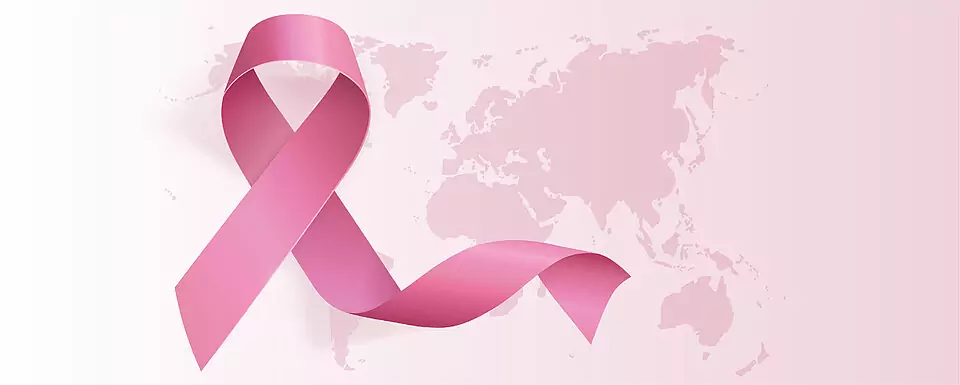
Depending on your own mind to make this decision is a risky one. Our mind is known for playing tricks on us. Time and time again, we have always been in situations where post decision making, we feel like it was not what we actually truly wanted for ourselves. But we also somehow end up in this loop and patterns reveal so much about our mind and the healing we need.
As a young kid, I was 100% convinced that whatever happened to me as a child will not follow me into adulthood. I am turning 26 in a couple of weeks and rest assured, some of these things live rent free in my mind. If you experienced childhood trauma, you may be surprised to learn that the traumatic problems you had as a child are still present in you as an adult. You may be concerned that your childhood trauma will ruin your happiness, relationships, or even your career. Perhaps you don’t know where to begin when it comes to learning how to heal.
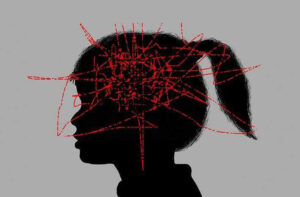
You haven’t been yourself recently. And you’ve been wondering: Do you have unresolved childhood trauma? You assumed it was over. But could your adolescent trauma be seeping into your adult life, making you feel as if everything is upside down? If that’s the case, why now?
What is unresolved childhood trauma?
Perhaps you’ve heard the term “unresolved trauma,” but what exactly is it? You’ve told yourself that it’s all in the past and that it’s time to move on. Isn’t that sufficient? Maybe you’ve gone to therapy as well. How could you still be in pain? When you were traumatised as a child, it stayed with you for the rest of your life. You could even say it becomes ingrained in your bones.
The memories, even if pushed away and unconsciously, are etched in your symptoms, relationship struggles, and low self-esteem. Dating is probably as difficult as maths was for me in school. I hated it not because of the nature of it, but the emotions surrounding the whole experience does not sit quite well with me. Many traumatised children believe they have always been on their own and do their best to figure things out on their own.
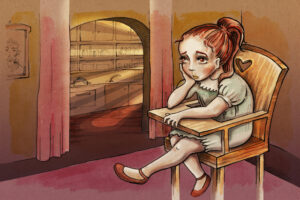
Many traumatised children believe they have always been on their own and do their best to figure things out on their own. The problem is that you can only do so much on your own. As a result, the most severe consequences of childhood trauma are frequently “unresolved.”
“Even if I’ve had therapy?” you might ask.
Unfortunately, yes. Many therapists aren’t trained in childhood trauma, which is what you need to get to the bottom of your early experiences. There is no formula for resolving unresolved childhood trauma. You’ve had your own experiences, and they’ve influenced you in your own unique way.
Does the past really live in the past?
Although your trauma is technically “in the past,” traumatising childhood experiences cannot be put to rest until the ways they continue to manifest in your current experiences, symptoms, and relationships are thoroughly understood.

Even if we try not to, we have a “compulsion to repeat,” according to Freud. As a result, you may find yourself in relationships that remind you of those who traumatised you in the past. Your symptoms or behaviours could manifest in a variety of ways. Again, these are highly personal to you. The important thing to remember is that the past is never “just” the past. Childhood trauma can remain “unresolved” until you get help figuring out how the roots of your past are alive in the present.
What could cause it?
Trauma can be quite visible in some cases, such as physical or sexual abuse. However, there are many types of childhood trauma that you may not recognise as trauma at all. Neglect is traumatic, as is the death of a parent, a serious childhood illness, a learning disability that caused you to doubt yourself, having too many siblings, having a detached, emotionally unavailable, or anxious parent, and even your parent’s own childhood trauma.
Perhaps you experienced a combination of the following: neglect, parent loss, serious childhood illness, a learning disability, too many siblings, detached, emotionally unavailable, or anxious parents, and childhood trauma in your parents. Childhood neglect implies that your emotional and physical needs were not met. This could be due to your parents being overburdened and preoccupied. Or because one or both of you have a mental illness, they expect you to be the “parent,” take care of the other kids, and do far more household chores than any child should.
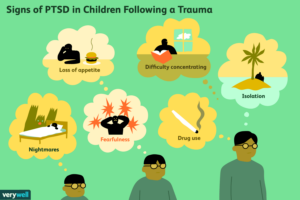
Whatever the reason, your needs for nurturing and care went unnoticed, were ignored, or were deeply resented. A child should never be exploited to meet the needs of a parent. The emotional and physical needs of a child should come first. If yours did not, you were neglected.
Losing a parent to death or abandonment at a young age is a traumatic experience. No matter how well you were cared for by other relatives or your surviving parent, this type of loss is devastating. The majority of unresolved childhood trauma lowers self-esteem and causes anxiety. Have you ever had a serious childhood illness? If this is the case, you were most likely isolated at home or hospitalised. This meant you were cut off from normal social activities, and you were probably lonely, if not worried about being different. Maybe you’re less socially confident as a result of it, and you’re not sure where you fit in.
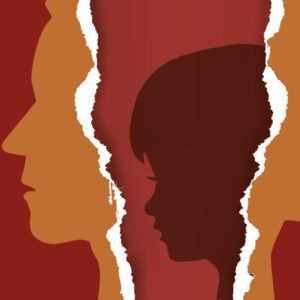
Hospitalisation also entails separation from parents, often traumatic medical procedures, and, in many cases, fear. This can cause you to feel anxious for a long time. It helps if your attachments to your parents were secure, and they were available and supportive. If you haven’t already, you may be feeling insecure in important relationships.
Like me, if you struggled to learn, had dyslexia, ADHD, or any other learning difficulty, you probably felt different or compared yourself negatively to the other kids. Learning disabilities are especially difficult to deal with if they go undiagnosed and you do not receive adequate treatment. Even very bright children can come to believe they aren’t very bright at all. This has a significant negative impact on your self-esteem. You may have worked very hard to get better and better, battling obstacles you couldn’t control. Or perhaps you caved and gave up. Either you are still overly perfectionistic, always striving to please but never feeling good enough. Or you feel like you’re always behind and can’t seem to catch up.
Can it be healed?
Most definitely yes. You require a sensitive, kind, and empathic response. The traumatised child who still lives within you needs to feel safe and seen. However, empathy is not the only factor. You also require someone who has knowledge and experience with childhood trauma and how it affects your life. Someone who notices your very specific effects.
You don’t have to put up with the resurgence of symptoms brought on by stress or unpleasant reminders. You will heal from unresolved childhood trauma if you receive this type of therapy and give yourself the time you require. You got this!
Follow us on Instagram, Facebook or Telegram for more updates and breaking news.






